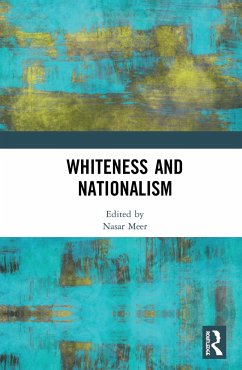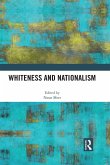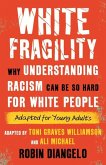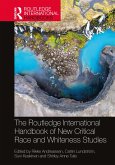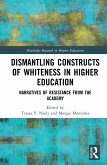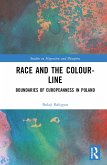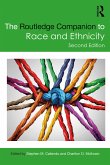Naming whiteness is becoming an increasingly pressing issue across a variety of social and political contexts. In this book, an international set of authors discuss how and why this has come to be the case.
Studying whiteness, as either a social identity or political ideology, is a relatively recent area of scholarship. Unusually, within the fields of race and ethnicity, it is a concept that sits at an intersection between historical privilege and identity. At the same time, 'white privilege' is not universally shared in (or can be distant to) how many white people feel they experience their identities. Whiteness as a site of privilege is therefore not absolute, but rather cross-cut by a range of other concerns, too. Nonetheless, recent political developments serve to illustrate the political potency of appeals to whiteness, in a way that suggests whiteness coupled with nationhood is a central social and political topic.
In this book, authors from the USA, Australia and Europe consider the contemporary relationships between whiteness and national identity by focusing on mainstream electoral politics, the 'normalisation' of white supremacy and where whiteness stands in relation to pluralised national identities.
The chapters in this book were originally published as a special issue of the journal, Identities: Global Studies in Culture and Power.
Studying whiteness, as either a social identity or political ideology, is a relatively recent area of scholarship. Unusually, within the fields of race and ethnicity, it is a concept that sits at an intersection between historical privilege and identity. At the same time, 'white privilege' is not universally shared in (or can be distant to) how many white people feel they experience their identities. Whiteness as a site of privilege is therefore not absolute, but rather cross-cut by a range of other concerns, too. Nonetheless, recent political developments serve to illustrate the political potency of appeals to whiteness, in a way that suggests whiteness coupled with nationhood is a central social and political topic.
In this book, authors from the USA, Australia and Europe consider the contemporary relationships between whiteness and national identity by focusing on mainstream electoral politics, the 'normalisation' of white supremacy and where whiteness stands in relation to pluralised national identities.
The chapters in this book were originally published as a special issue of the journal, Identities: Global Studies in Culture and Power.

